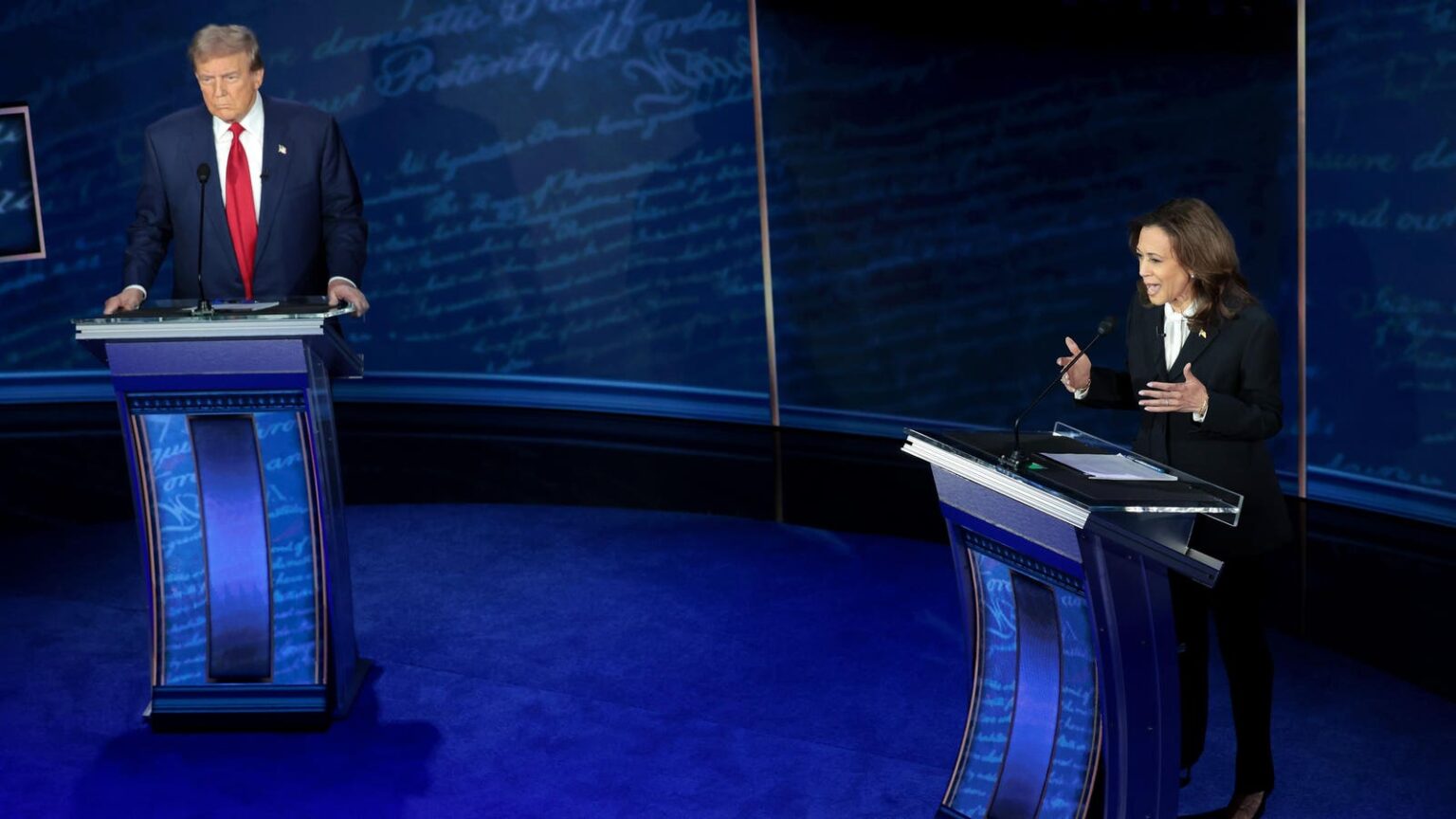While hopes were high that former President Donald Trump and Vice President Kamala Harris would have a serious discussion of the issues of critical importance to the American people, we instead saw almost 90 minutes of personal attacks.
Recent polling indicates that the economy is the biggest concern among voters, Harris and Trump did not spend enough time on the economic heart of this country: small business. The biggest economic question facing this country is how to keep small businesses thriving. The U.S. Department of Commerce estimates that small businesses employ nearly half of the American workforce and represent 43.5% of America’s GDP (25.44 trillion USD), yet small business got very little attention during the Trump-Harris debate.
Inflation is no longer about rising costs; higher costs are here to stay, and they are killing the profitability and long-term viability of small businesses. The next administration in Washington must have concrete plans for how to fix this via reducing the Federal deficit and encouraging economic expansion organically through private-sector growth.
Trump and Harris both were light on specifics of how to fix the economy and tackle inflation. We didn’t hear about the negative impact that inflation has had on small business earnings since the pandemic. Small business owners have dealt with shortages, rising fuel costs, and the rising cost of minimum wage, which hits small companies harder than big corporations.
Neither candidate talked about expanding access to capital for women-owned and minority-owned businesses. Kamala Harris could certainly talk about the growth of SBA loans and the current administration’s focus on helping women-owned and minority-owned businesses. Trump should have discussed the success of SBA lending and the economic performance of small businesses during his term before the COVID pandemic crippled the economy. Each could have looked to a future in which the government modernizes its processes and digitizes the SBA loan processing. Technology can make the process more efficient and ultimately get funding into the hands of small business owners more easily.
Harris has suggested incentivizing startup activity with a$50,000 tax deduction proposal, but we already have record small business creation, and you need profits before you can benefit from a tax deduction. Meanwhile, many business owners are now really struggling to turn a profit due to higher costs.
What we need is small business resilience and longevity, and government policies such as lower taxes and fewer regulations to increase the odds that businesses will stay alive long enough to benefit from proposed tax incentives.
Harris was also short on specifics about how the tax incentive program will work. How quickly would it go into effect? Could the program be launched without a cooperative Congress? These questions are on the minds of business owners when they hear a proposal like this. If the government modernized and upgraded its technology, this issue would be resolved much quicker. Public-private partnership that is technology-led and smarter needs to be on the agenda in the next administration. So far, we have not seen any proposals that get to the heart of this issue.
Government needs to work better for small businesses. The delayed processing of Employee Retention Tax Credits (ERTC) has been a case in point where small businesses are not getting what they need from the Federal government. The IRS stopped processing new ERTC filings in September 2023, and many business owners are still waiting for their outstanding claims to be processed and paid. The backlog has lasted over a year, and small businesses are still waiting for their money. Many of them cannot afford to wait much longer.
Biz2Credit recently helped a non-profit that serves small businesses in California that had been waiting over a year for the IRS to pay their credit. It is really disappointing for government to let down great organizations. Fixing bureaucratic failures must be a priority for the next administration, regardless of who wins the November election.
Small businesses did well under Trump, who reduced regulations that hindered small business lending and oversaw an economy with low inflation. We can assume that he would likely reinstate policies including tax cuts and fewer regulations, which benefited small businesses while he was in office. He didn’t talk about small business during the debate. Likewise, Harris should have highlighted the record small business creation and expansion of SBA lending during the current Biden-Harris administration.
Both candidates certainly want to help small businesses. Trump, famously, is a businessman, and Harris is a strong proponent of helping Americans — especially women and minorities — launch and grow their businesses.
Whoever gets elected must focus on spurring small business growth while at the same time working to stem inflation, which has significantly reduced the earnings of small business during the past two years. A priority for the next U.S. president is to find the right combination monetary policy and reduced government spending in order to bring inflation down and help small businesses grow.
Read the full article here














